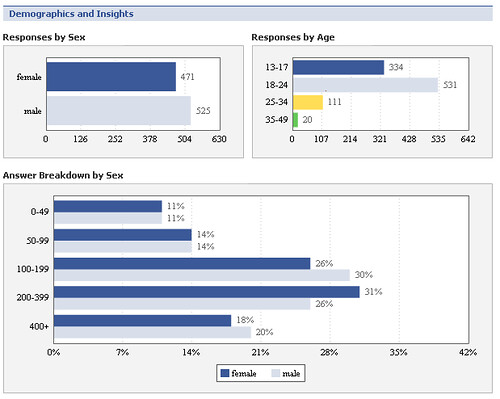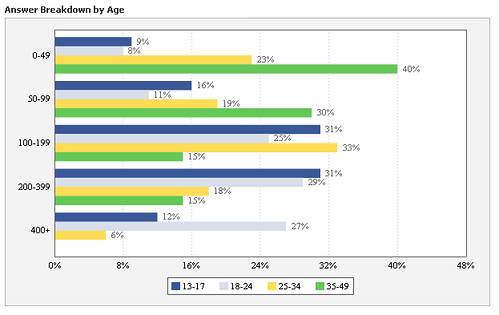Writing has always been my thing – which would explain why I started a student newspaper in high school. My interest in politics & current affairs, combined with my writing skills, had me flirt with a career in journalism. Disappointed with student media at university, I started a society for journalists, which was meant to be a democratically run media outlet that created various thought-provoking publications.
Six months after the concept came to me on the back of an envelope whilst visiting family in Athens and London, we created a 24 page colour magazine, with a print run of 4,000 – fully funding the cost with local advertising. Among many lessons from that experience, I learnt two valuable ones: funding is hard, and distribution is key. Better said, funding was a function of distribution – you are not going to get advertisers without an audience. Distribution was the key to having an audience.
That experience led me to experiment with a website, with bling bling effects thanks to Microsoft Frontpage. What was originally meant to be a complement of the print publication, soon in my eyes became the future. In various forms, we tried community-generated journalism, and built a strong following of readers through a weekly web publication on a niche topic (local campus politics).
So whilst that is very much skimming over the top of that 2 1/2 years, I think it illustrates how I’ve experienced through a natural progression of what is now called citizen journalism (or CitJ if you’re cool). I was interested to hear about Bronwen Clune’s Norg network when I met her at webjam and reading Pete Cashmore’s opinion that citizen journalism is dead has me feel like it’s time I wrote about what I think on the issue.
Blogs + adsense is what threatens citizen journalism start-ups
Citizen journalism is not dead – you only have to check out the political blogosphere to realise that. That then leads us to the argument of what is journalism and what is blogging, but I think it’s fair to say, blogging as a form of writing is like editorial pages. Blogging can be a form of journalism – but blogging can also be something else: they are not mutually exclusive. We should also not confuse the fact that a blog as a technology tool is to be treated differently from blogging as a writing style.
What threatens Citizen Journalism as a business model, is that anyone can create a blog and anyone can insert ads into their blog to make money?Ç? – you can be your own publisher with $0. However therein also lies the opportunity for CitJ news organisations – blogs take time to build a brand (like any other publication) and just because you can wack some ads on your blog, doesn’t mean you can make money out of it.
I used to think the Internet eliminated the need for a strong distribution network. Just because it’s cheaper however, doesn’t mean it’s easier: the benefit of economies of scale in the industrial era hold true for the information age. Citizen Journalism as a concept works – however as a business model, it’s still being tweaked. The key is to realise the power of being an aggregator whereby individuals have access to an audience, and don’t have to worry about chasing advertisers.
It’s not that citizen journalism doesn’t work – it’s that the platform to enable it hasn’t been figured out. South Korea’s Ohmynews has proven that it works,?Ç? however citizen journalism platforms are reliant on the local culture of the audience. It’s not so much about the technology (we’ve got that), as it is the culture – afterall, people engineering is a lot harder to do than machine engineering.



